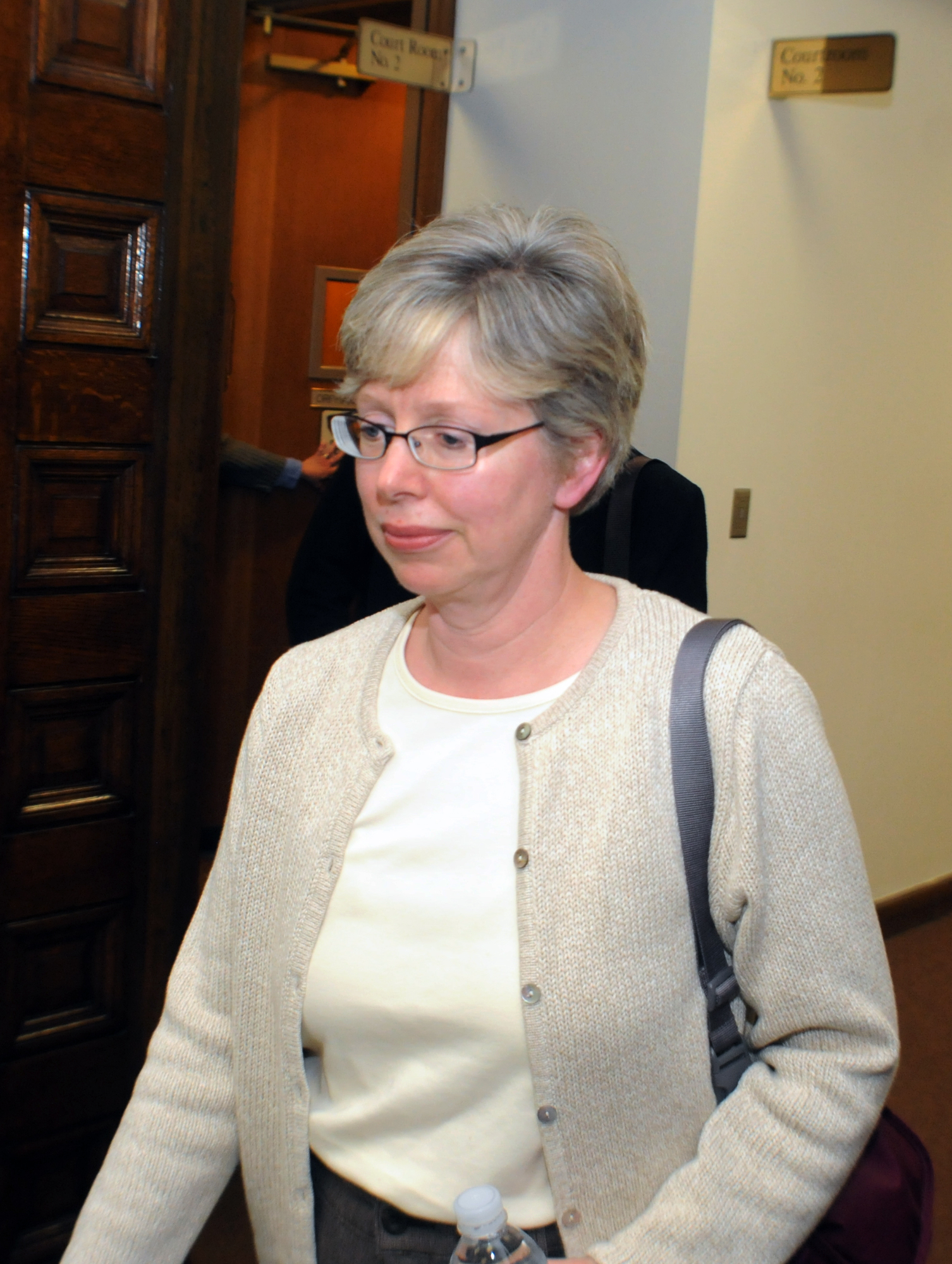The Email Brittany Maynard Sent On the Last Day of Her Life
Maynard reached out to another death with dignity advocate.
— -- Brittany Maynard, the cancer patient who battled for the right to die with dignity last month, sent out an email to a woman she never met just hours before ending her life.
The email was sent to Barbara Mancini of Philadelphia who had sent Maynard a message a few days earlier, but did not expect to hear back.
"In the note, I told her I admired what she was doing. I felt it was selfless and courageous," Mancini told ABC News today. "I never expected she would respond because it was late October and I knew she was having daily seizures and she was getting worse all the time."
But Maynard, who was dying from brain cancer, did respond. She emailed Mancini just hours before she ended her life on Nov. 1.

Mancini, a former nurse, has had her own experience with assisted suicide. She was arrested in 2013 for giving her terminally ill father a lethal dose of morphine. She was exonerated this February, but Mancini is still haunted by the incident.
"I was under prosecution for a year," she said. "It was a horrible, horrible thing to go through."
In her note, Maynard said she was familiar with Mancini's story and urged her to keep fighting for death with dignity laws.
"Stories like yours and mine put human faces on a controversial topic that many politicians are happy to sweep under the rug," Maynard wrote. "I wish I could have had the pleasure of meeting you in person."
Mancini said she was "deeply touched" by the note, especially since it was written at the end of Maynard's life. She vows to continue advocating so more people like her dad and Maynard can die in peace.
"I truly believe it's the right thing to allow dying people who are mentally competent have a choice in how their life ends," she said.




